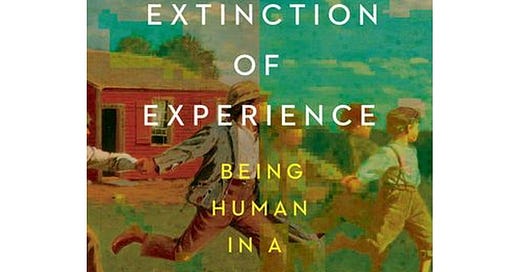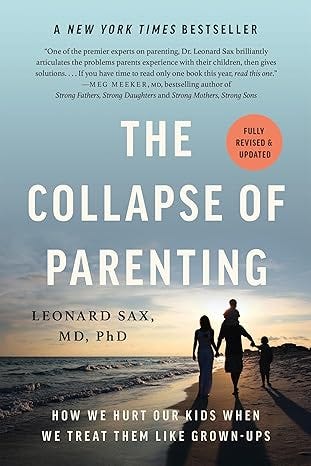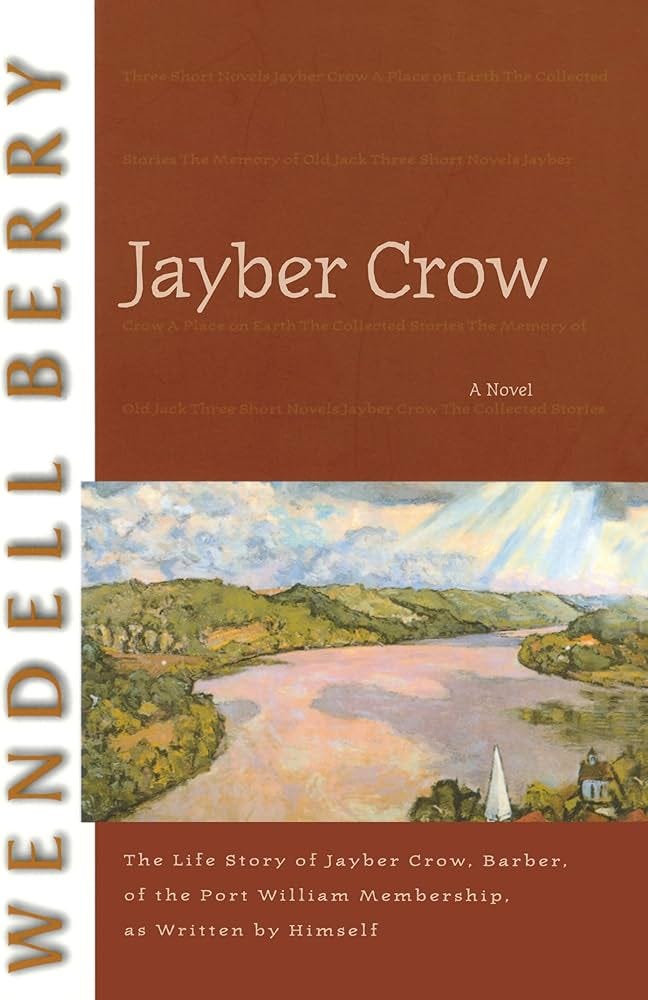The Books
1. Morris Berman, Dark Ages America (culture)
2. Wendell Berry, Jayber Crow (fiction)
3. Carl F.H. Henry, The Uneasy Conscience of Modern Fundamentalism (theology)
4. Wilson Rawls, Where the Red Fern Grows (fiction—Beckett)
5. Jonathan Rogers, The Way of the Wilderking (fiction—kids)
6. Aaron Renn, Life in the Negative World (culture)
7. Christine Rosen, The Extinction of Experience (philosophy)
8. Dorothy Sayers, Whose Body? (fiction)
9. Leonard Sax, The Collapse of Parenting (culture)
10. Rosaria Butterfield, Five Lies of Our Anti-Christian Age (theology)
Audiobooks
1. David Goldblatt, The Age of Football (sports/culture)
2. Ryan Holiday, Right Thing, Right Now (philosophy)
3. Max Brooks, Devolution (fiction)
In Media Res
1. Bryan Burrough, Days of Rage (history—audiobook)
2. Marcel Proust, Swann’s Way (fiction)
3. Arthur Ransome, Swallows and Amazons (fiction—kids)
4. Jocko Willink, Where There’s a Will, There’s a Way (fiction—Beckett)
5. John Andrew Bryant, A Quiet Mind to Suffer With (theology)
6. Blake Crouch, Dark Matter (fiction—audiobook)
The Recommendations
Christine Rosen’s The Extinction of Experience is a book I will be thinking about for a long time and one that I hope I have more time to engage with soon. So much in our modern world is mediated—we do not experience things directly but through an intermediary, usually a screen. Rosen tracks the way this affects everything about our lives—our capacity for boredom, our ability to wait, our sense of ourselves, and our willingness to meaningfully connect with each other. The writing can be uneven at times and the data more anecdotal than broad, but even for these defects, no book made me think more in the past month.
The Collapse of Parenting by Leonard Sax is another book I will find myself returning to over and over again. I’ve been thinking a lot about Jonathan Haidt’s The Anxious Generation since I read it in the spring and one of the book’s defects is that it doesn’t place enough blame for the anxiety, depression, and anomie epidemic at the feet of a broken parenting culture. Phones are bad; the way we raise kids today is worse. Combine the two and you get the toxic brew we have today. We are not called to be our kids’ friends or chauffeurs or equals: we are their parents. We are not raising seven-year-olds but men and women.
It had been a while since I read Jayber Crow, my favorite Wendell Berry novel. Jayber reminds me a bit of the whiskey priest in Graham Greene’s The Power and the Glory. In so many ways, he is a broken and sinful man. In others, he is so much holier than me. I also think Berry has been unfairly maligned for romanticizing farm and country life after being unfairly praised for romanticizing farm and country life. Neither is strictly accurate. People had harder lives in earlier eras of farming, for sure. What they got in exchange was community and belonging, a rootedness to a place that we no longer have.





